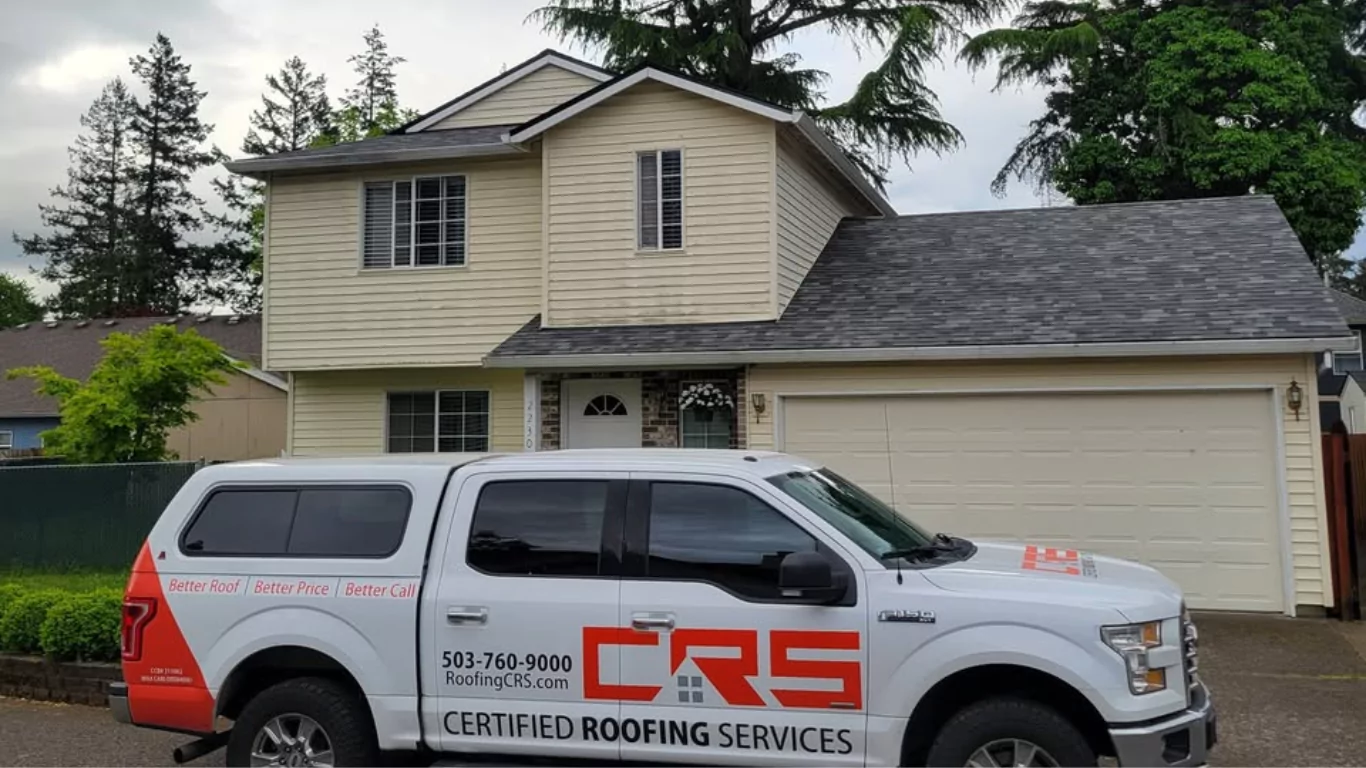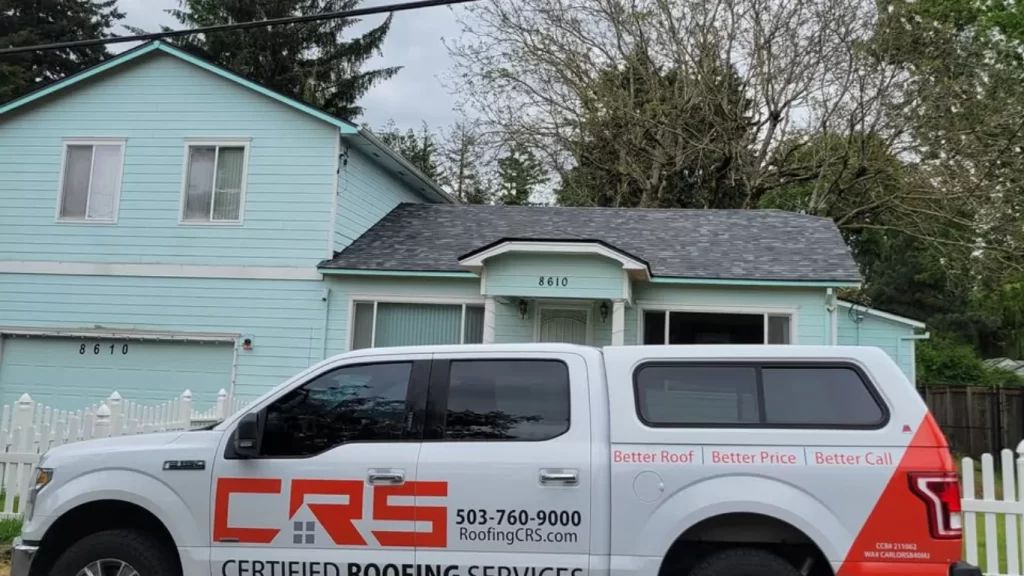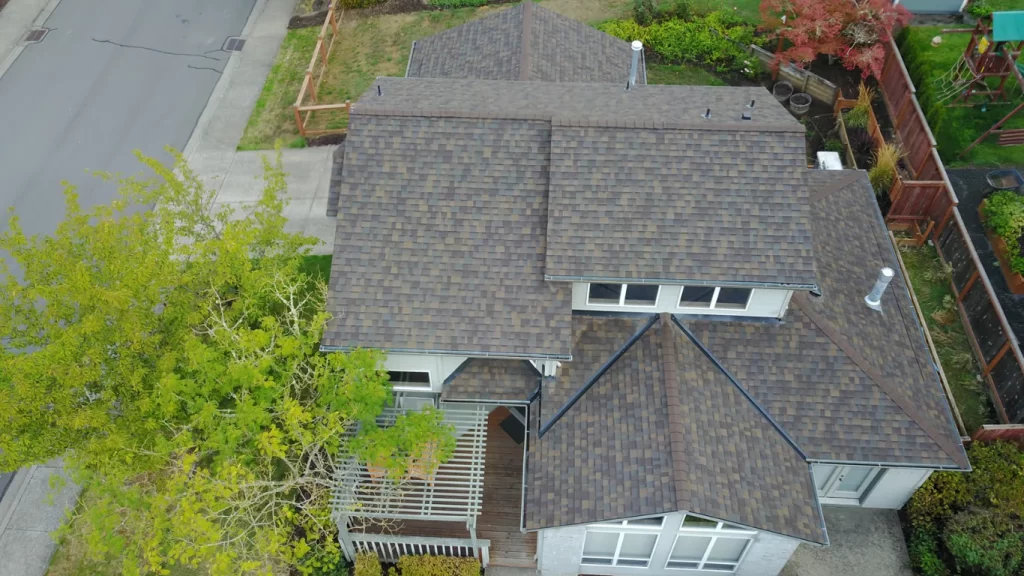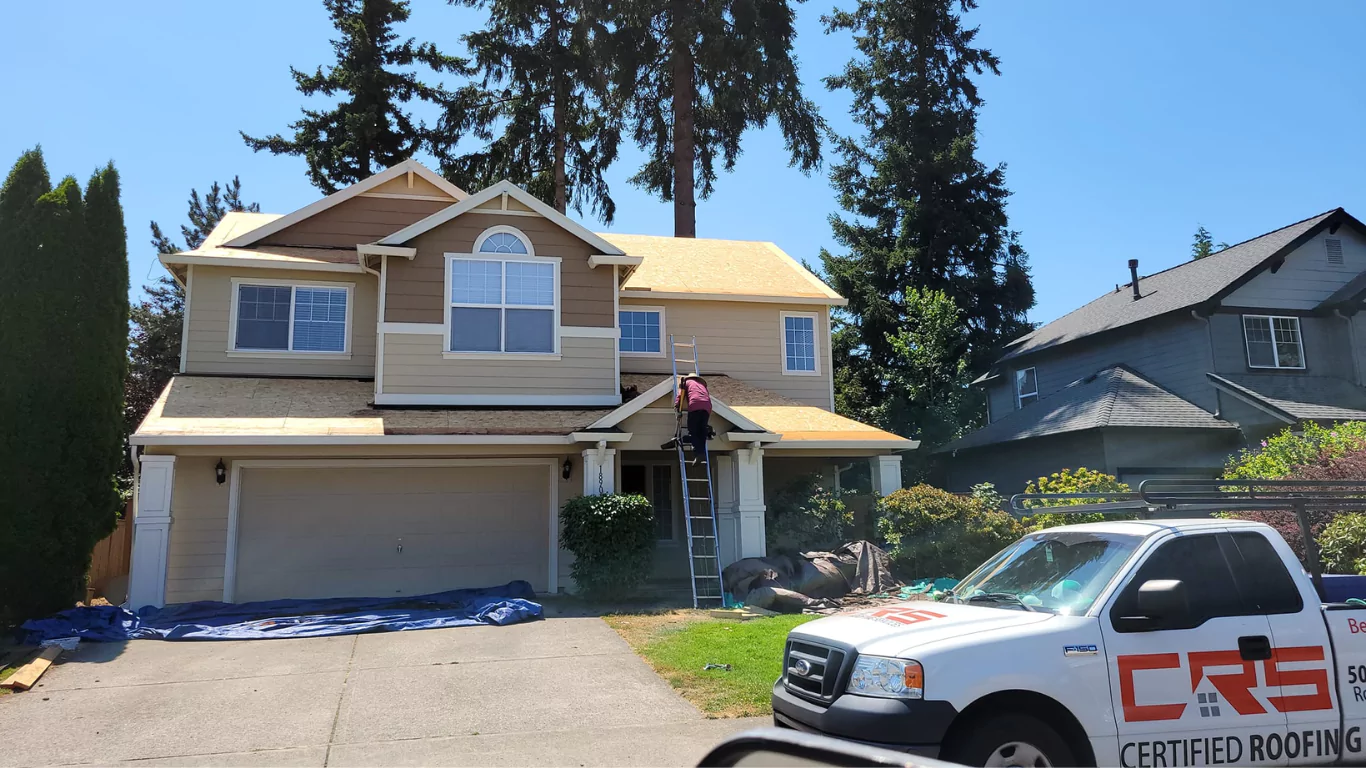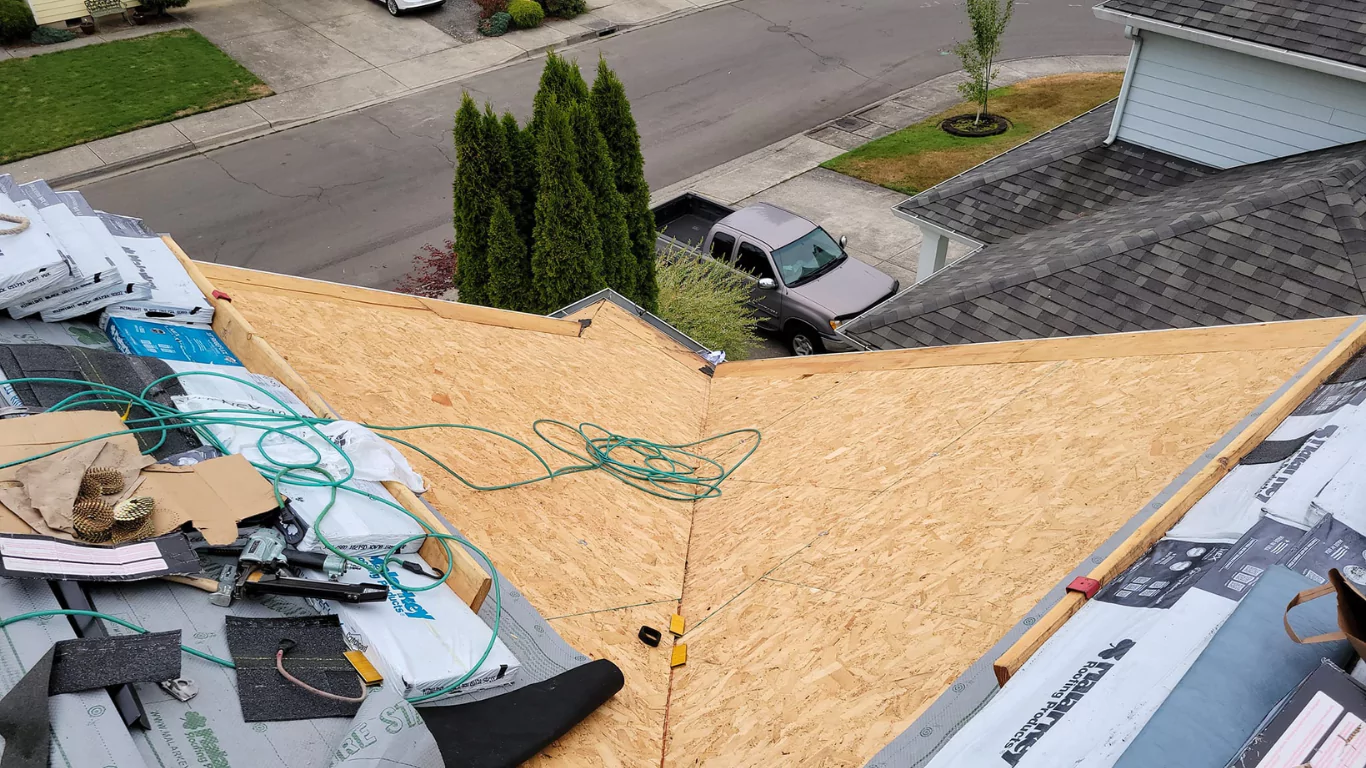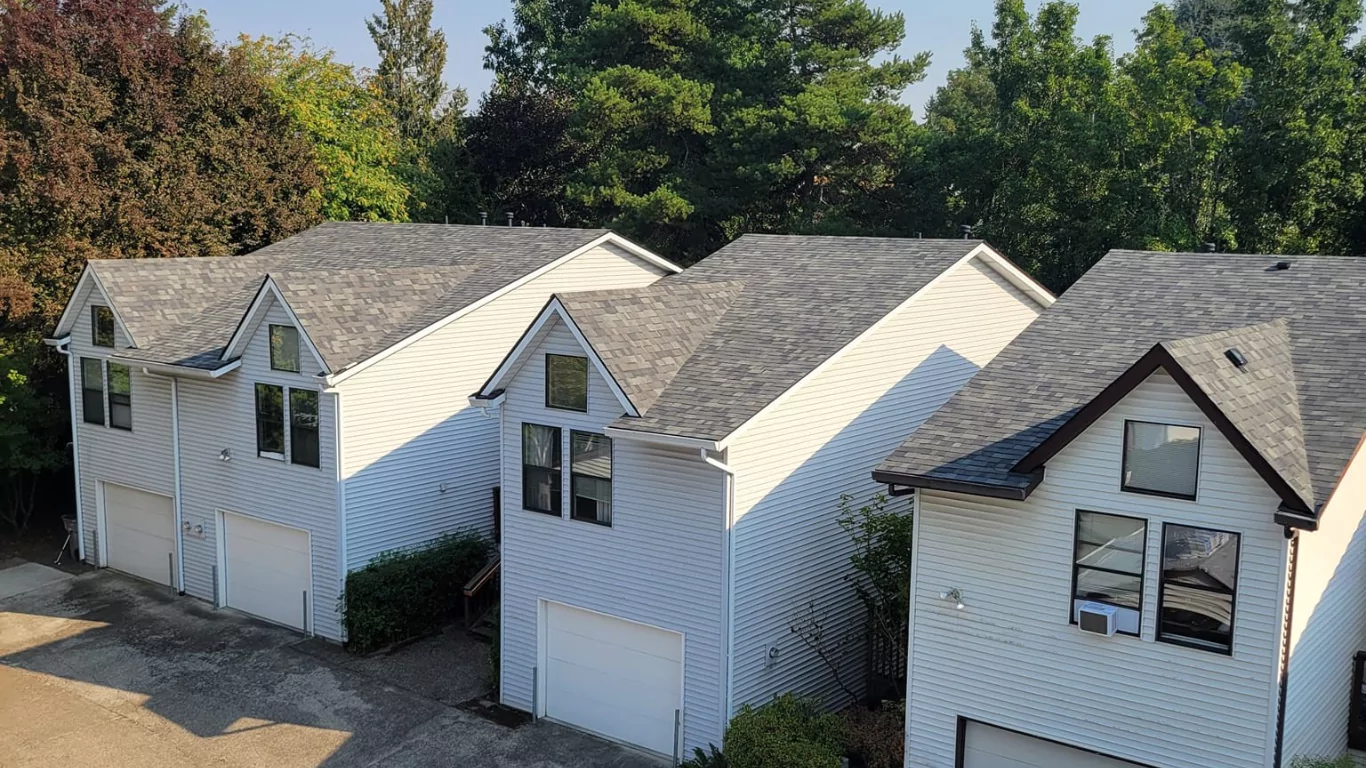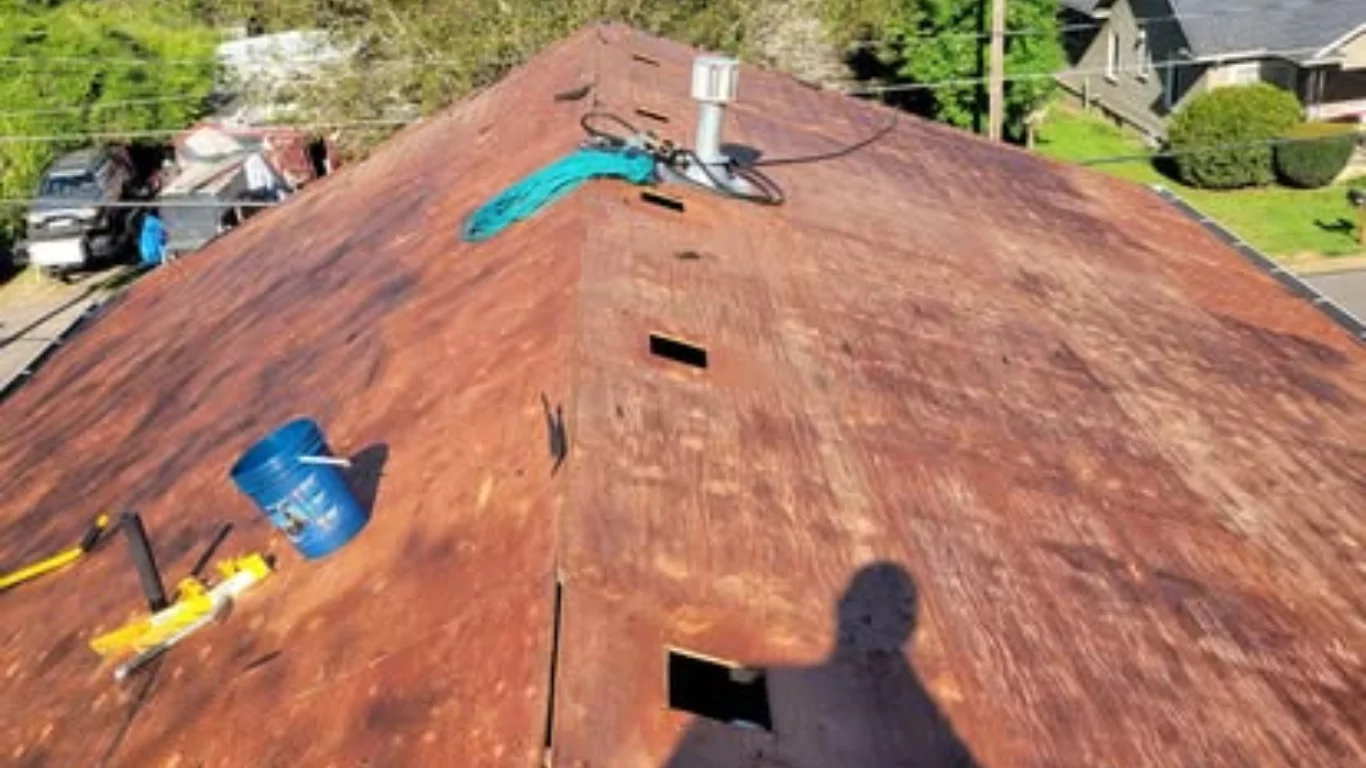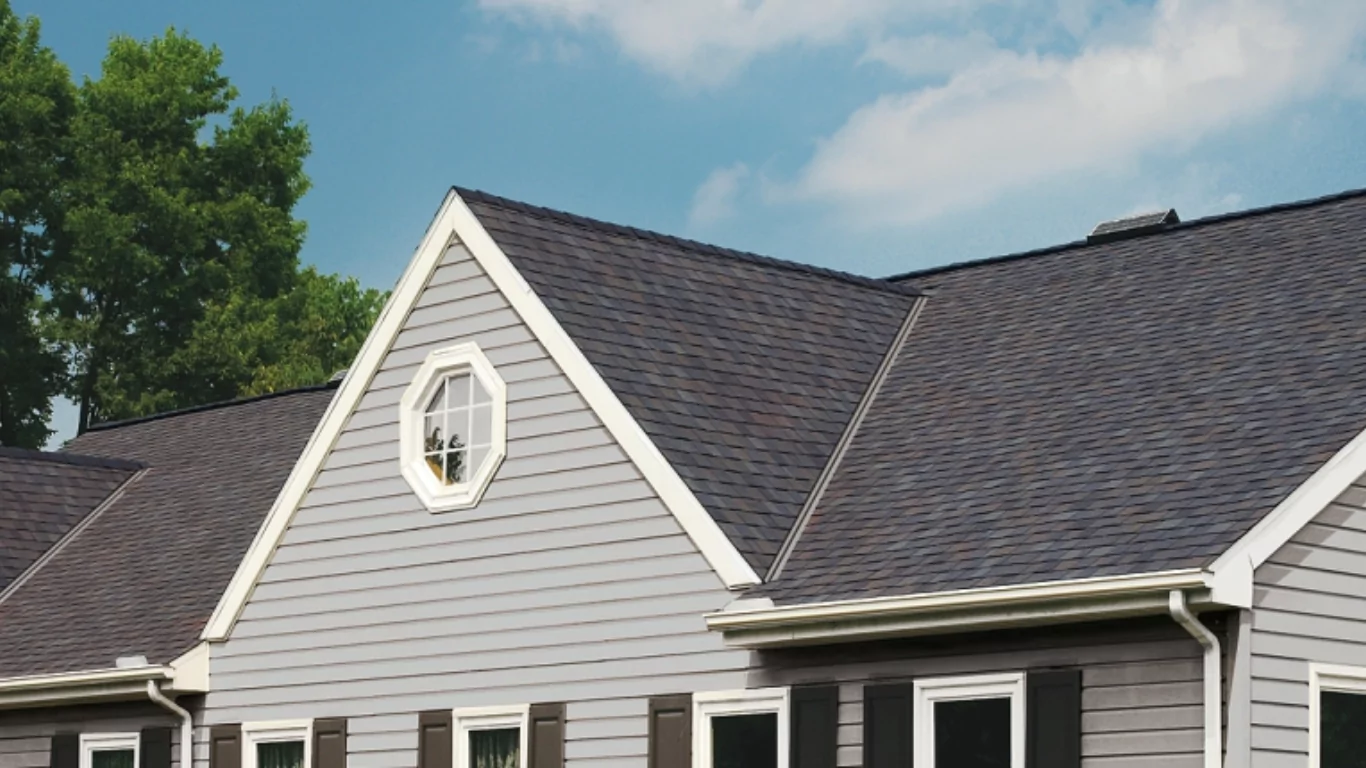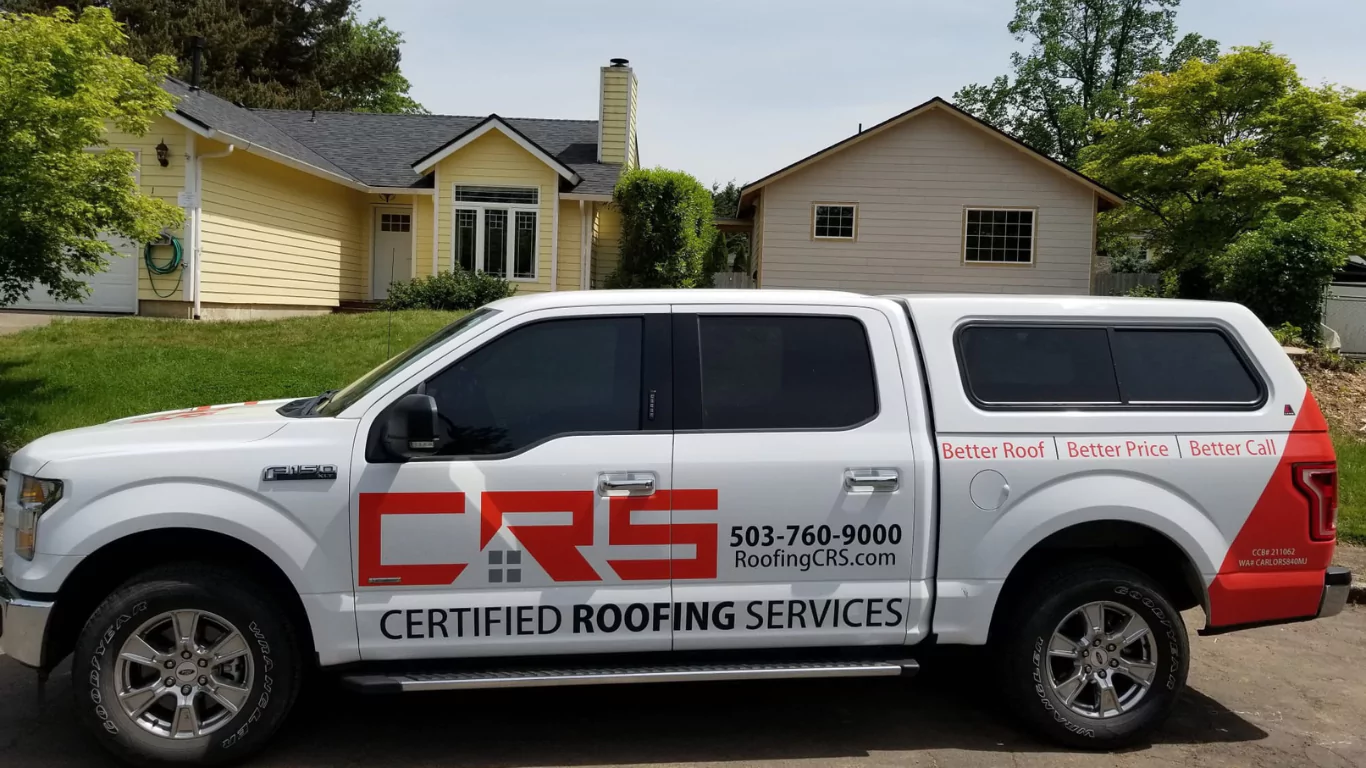Introduction
Replacing or repairing a roof isn’t just a weekend project—it’s one of the most critical parts of your home.
With countless DIY tutorials available and a growing push to save on labor costs, many homeowners consider handling roof repairs or replacements themselves.
But is that the best option?
This guide compares doing it yourself to hiring residential roofing contractors like Certified Roofing Services. You’ll learn about the scope of roofing projects, cost breakdowns, risks, benefits, and how to decide what’s right for your situation.
1. Understanding Residential Roofing Projects
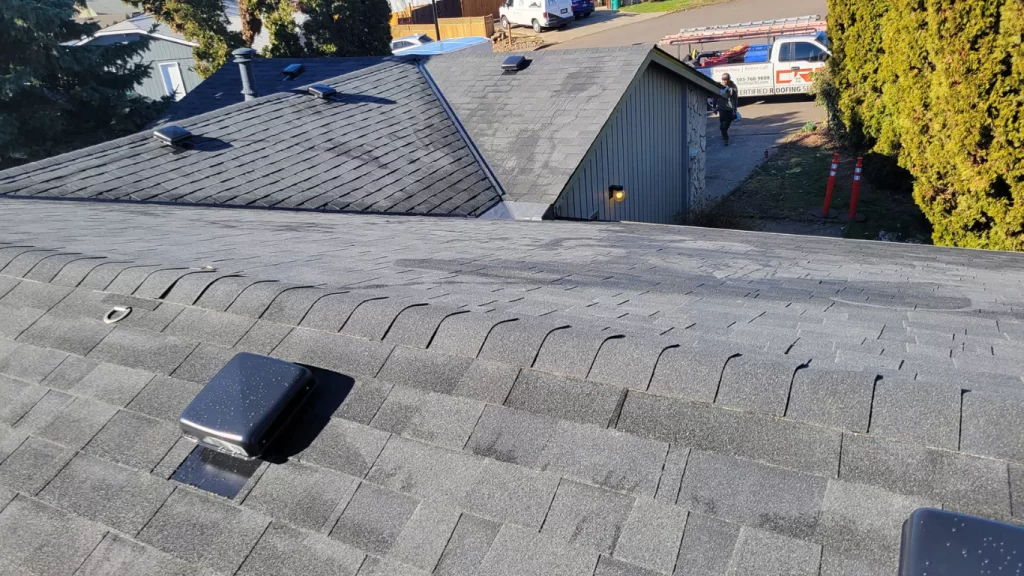
1.1 What Does a Residential Roofing Job Involve?
A typical roofing project goes beyond just laying shingles. It includes:
Tear-off vs. overlay: Tear-off means removing the existing roof, while an overlay places new shingles over old ones. Tear-offs are more expensive but longer-lasting.
Installation: Shingle placement, underlayment application, flashing, and waterproofing are all essential steps that impact roof performance.
Inspections: Structural assessments ensure the decking and ventilation systems are in good shape before final installation.
Each step must be done correctly. Improper underlayment or flashing can lead to leaks, mold, and structural damage.
1.2 Common Reasons for Roof Repair or Replacement
Leaks and water intrusion
Storm or tree damage
Roof age (typically 20–30 years)
Ventilation or insulation issues
Whether small damage or full replacement, the approach depends on the roof’s current condition.
2. DIY Roofing: Pros and Cons
2.1 Pros of DIY Roofing
Labor savings: You avoid paying contractor fees, which can be 40%–60% of the total cost.
Flexible scheduling: Work when it’s convenient without waiting for a contractor.
Learning and satisfaction: Many homeowners enjoy gaining new skills and achieving something hands-on.
2.2 Cons of DIY Roofing
Safety hazards: Roofing involves heights, heavy lifting, and sharp tools. Falls and injuries are common.
Lack of technical knowledge: Shingle alignment, flashing, and ventilation require precision.
Time and physical demand: Roofing is labor-intensive and weather-dependent.
No warranty: Manufacturers often void warranties on improperly installed materials.
3. Hiring Residential Roofing Contractors: Pros and Cons
3.1 Pros of Hiring a Contractor
Certified workmanship: Contractors like Certified Roofing Services follow industry standards and manufacturer specs.
Access to quality tools/materials: Professional-grade supplies yield longer-lasting results.
Warranties and insurance: Most contractors offer workmanship warranties and carry liability insurance.
Faster completion: With a trained crew, projects wrap up quicker and more reliably.
3.2 Cons of Hiring a Contractor
Higher upfront costs: Professional services add to the budget, but often save on future repairs.
Scheduling challenges: You’ll need to work around the contractor’s availability.
Contractor research: Vetting credentials and reviews is essential to avoid poor results.
4. Cost Comparison: DIY vs. Hiring a Contractor
4.1 Initial Cost Breakdown
DIY Costs:
Materials: $3,000–$5,000
Tool rental/purchase: $200–$1,000
Dumpster/disposal: $300–$600
Contractor Costs:
Labor: $2,500–$6,000
Materials: Often bundled at discounted rates
Permits, inspections, warranties included
4.2 Long-Term Costs and ROI
DIY Mistakes: Improper installation can lead to costly water damage or insulation problems.
Contractor Value: A well-installed roof by a certified contractor adds resale value, improves curb appeal, and passes inspections more easily.
Warranty benefits: Certified Roofing Services offers material and labor warranties that protect homeowners from unexpected issues.
Conclusion
Both DIY and professional roofing have their place, but the risks of tackling a major roofing project alone are high.
DIY may work for small repairs or if you have construction experience. But for full replacements or storm-damaged roofs, hiring licensed residential roofing contractors like Certified Roofing Services is often safer, faster, and more cost-effective in the long run.
Prioritize safety, long-term value, and the integrity of your home.
Before making a decision, assess your skills, budget, and the complexity of the project. When in doubt, get a quote from Certified Roofing Services—your roof deserves it.

